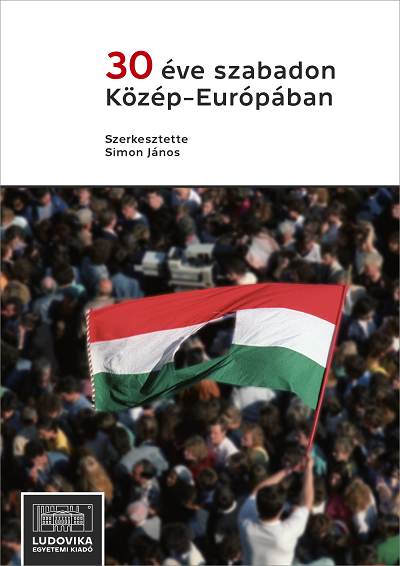After the Fall of the Wall, ‘Ostalgia’: From Berlin to Budapest?
Absztrakt
Ostalgie (‘Ostalgia’) denotes a series of somewhat nostalgic meanings and perceptions of real socialism that lasted until 1989. It first emerged as a German phenomenon following the reunification of East Germany (the German Democratic Republic, GDR) and the German Federal Republic (GFR), and then took on distinctive national expressions during the transition to democracy and capitalism in the different countries that had exited specific communisms: in Poland or Hungary, Ostalgia was characterised by references to social security and relative socialist prosperity; in other Eastern bloc states – such as Romania, Albania and, partly, Bulgaria – it translated into nostalgia for peculiar nationalistic and authoritarian forms which had been able to ensure a relative well-being and, above all, a period of peace that was then lost (as in the case of Yugoslavia, where ‘Yugonostalgia’ roughly coincides with the cult of Tito and ‘Titonostalgia’), or a greater role within a larger nation that no longer exists (Czechoslovakia).
(Extract from the Introduction)



.svg)
